The Biden administration on Monday added 43 entities including 31 entities from China to an export control list that bars them from accessing U.S. technologies and components, the latest U.S. move to crack down on China's efforts in developing and modernizing its technology.
Washington's irrational obsession of targeting China's rising technology prowess in name of the so-called national security protection lays bare the U.S.' desperate attempt to maintain supremacy in control over global tech in a manner that lacks any market support and which also defies economic rules, observers said.
The Chinese firms added onto the new blacklist include research institute affiliated with aerospace and defense conglomerate Aviation Industry Corporation of China (AVIC), Shanghai Supercomputing Technology Co, and Beijing Ryan Wende Science and Technology Co and Xinjiang Kehua Hechang Biological Science and Technology Co, according to the U.S. Department of Commerce's Bureau of Industry and Security website.
The U.S.' escalating curb on China's tech rise comes at the moment when a number of U.S. media outlets have recently played up an possible official visit by U.S. Secretary of State Antony Blinken to China in upcoming weeks, which has since been dismissed by China's Foreign Ministry.
"From trade to investment, the Biden administration is essentially targeting China's rising technology prowess, which the U.S. has resolved to do with based on a cold war mentality yet without any support from market logic and economic rules," He Weiwen, a senior fellow at the Center for China and Globalization, told the Global Times.
The U.S.-initiated decoupling moves, which are now instead being referred to by Washington as efforts to "de-risk," distort markets and efficiency, and will eventually translate to a huge disadvantage for the U.S., adding to the costs of its companies and consumers, he noted.
Export controls seem to be the last-ditch effort that the U.S. is pinning its hopes on to hold down China's tech industries.
Xiang Ligang, a veteran tech analyst, said that except for chips, in major export areas, the U.S. will find it hard to block upstream supplies to China.
Since former U.S. President Donald Trump came to power, Washington has added more than 600 Chinese companies and institutions onto its entity list without providing any evidence, intending to cut off Chinese technology companies from obtaining relevant technology, equipment, funds and channels.
In October last year, the U.S. Department of Commerce's Bureau of Industry and Security announced an extensive set of regulations which restricted chips made using U.S. tools from being exported to China.
About the U.S.' regular operation of entity list, a spokesperson for China's Foreign Ministry said at a briefing on May 24 that China firmly opposed the U.S. generalizing the concept of national security and abusing state power to unreasonably suppress Chinese companies.
"The discriminatory and unfair practice seriously damages the normal economic and trade exchanges and cooperation between China and the U.S., undermines market rules and international economic and trade order, and seriously disrupts the stability of world's supply chain," the spokesperson said.









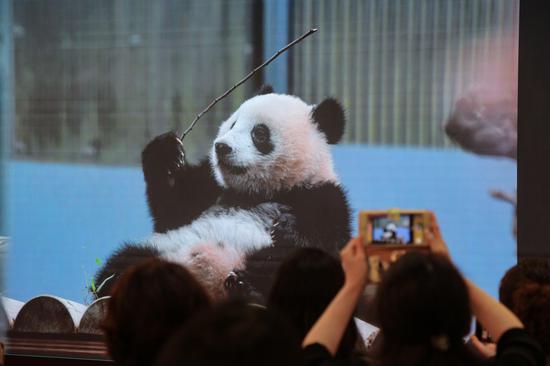






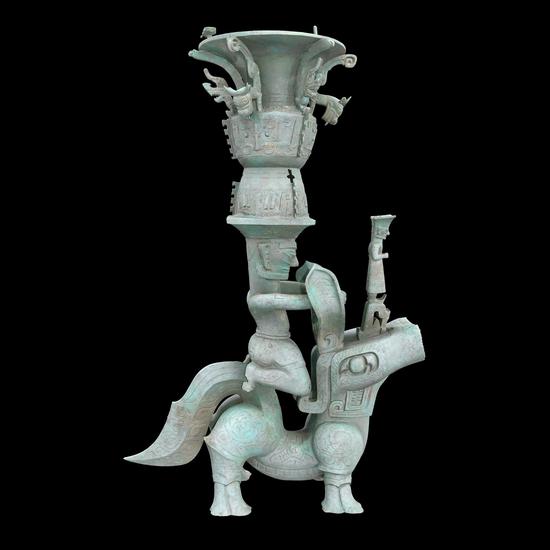

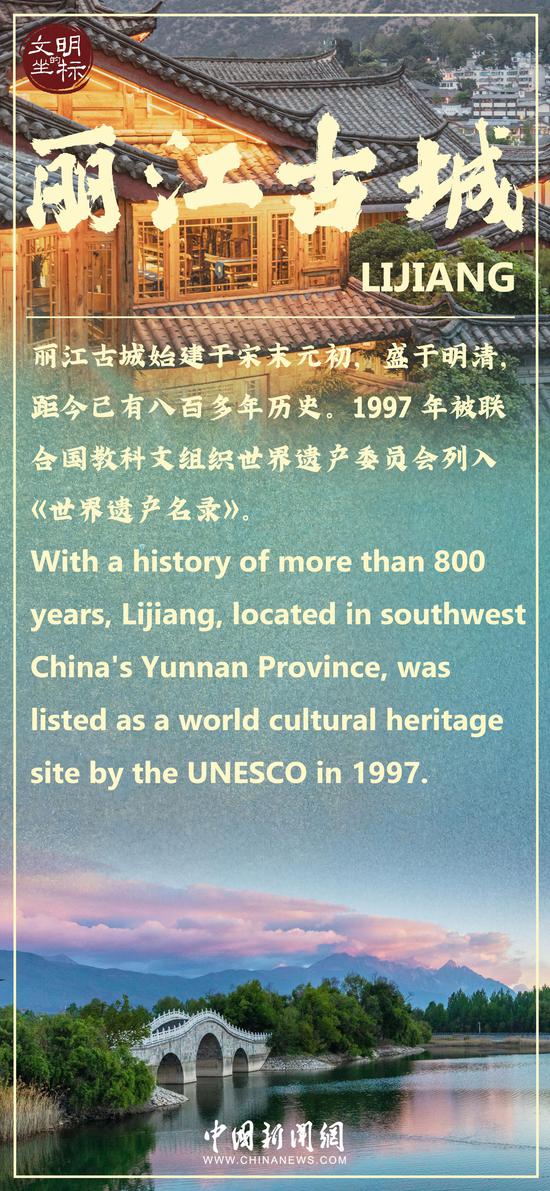


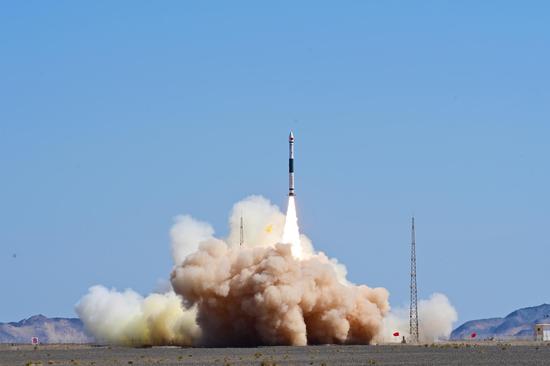



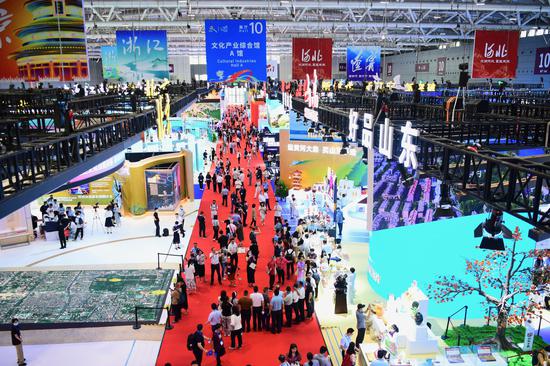



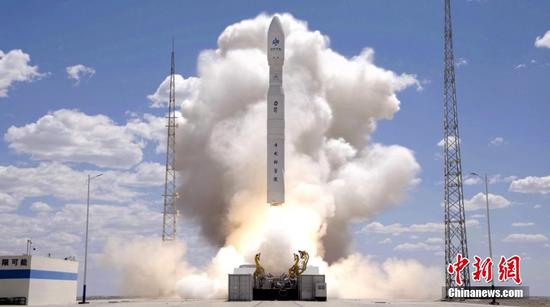









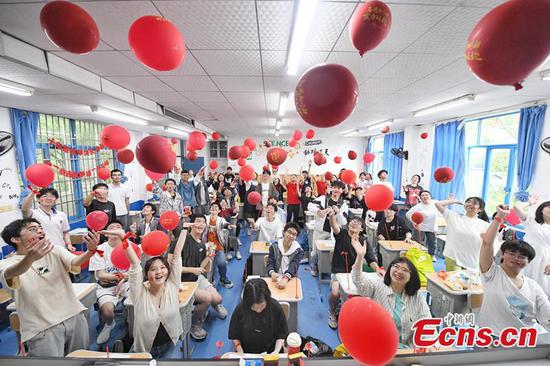
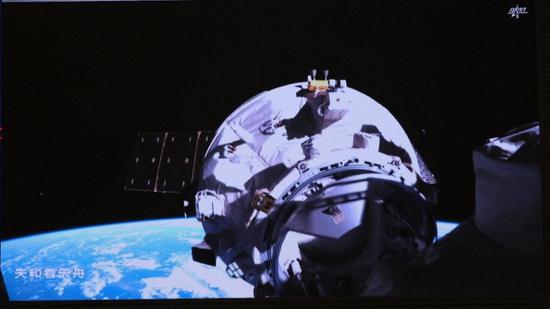



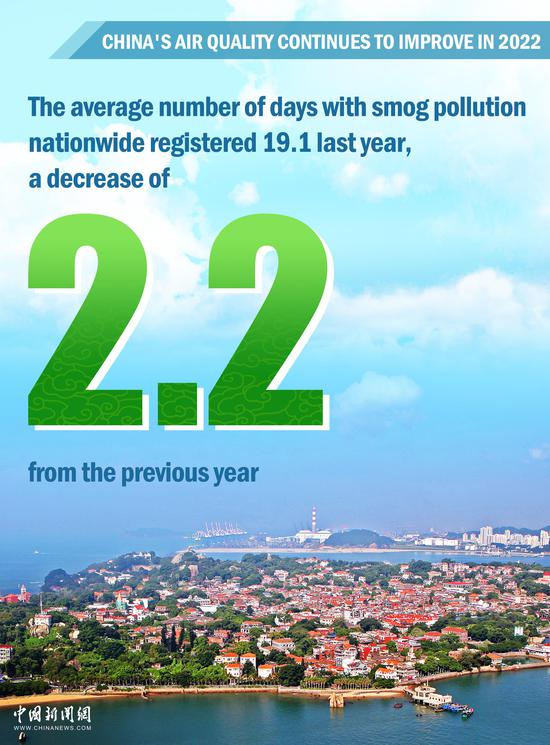





 京公网安备 11010202009201号
京公网安备 11010202009201号